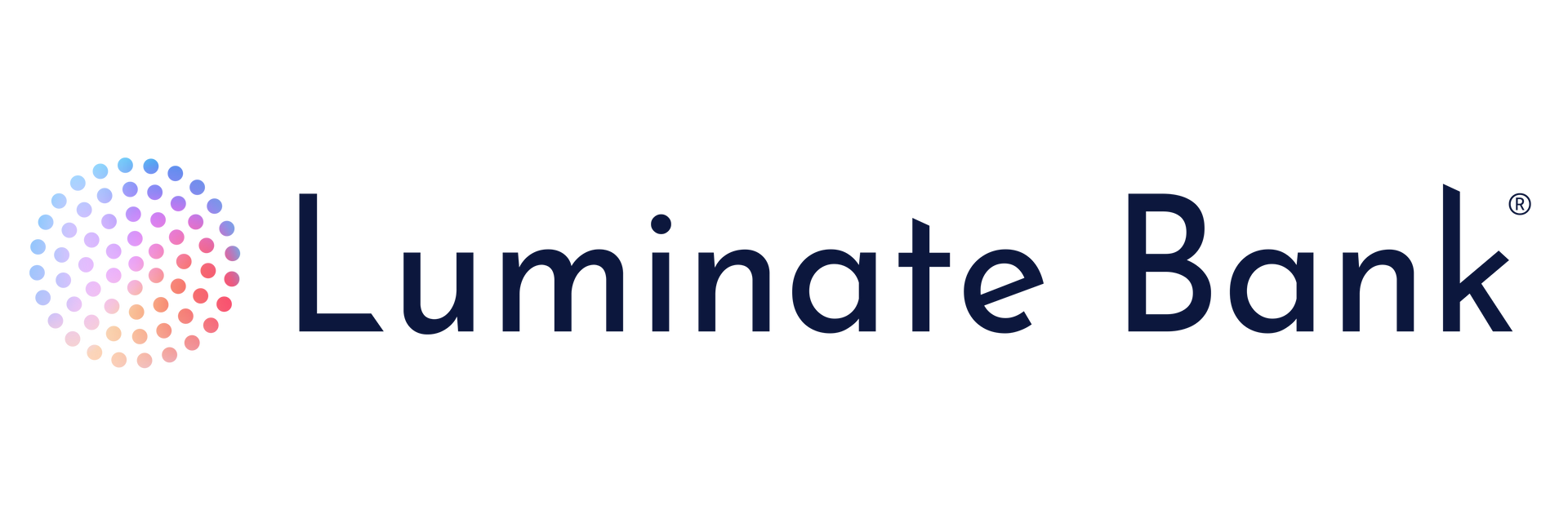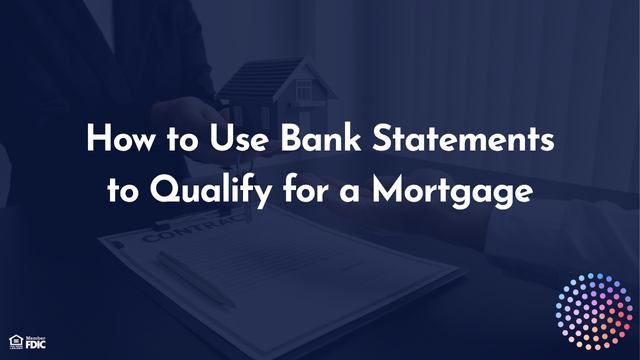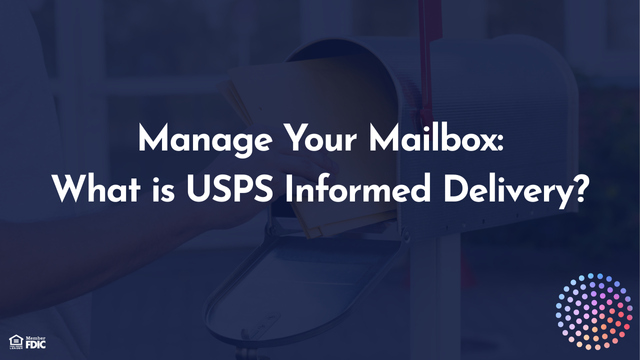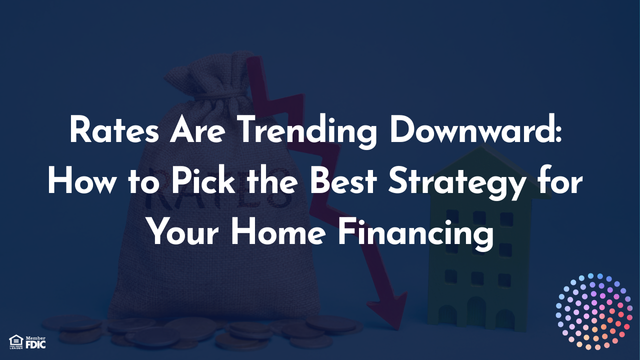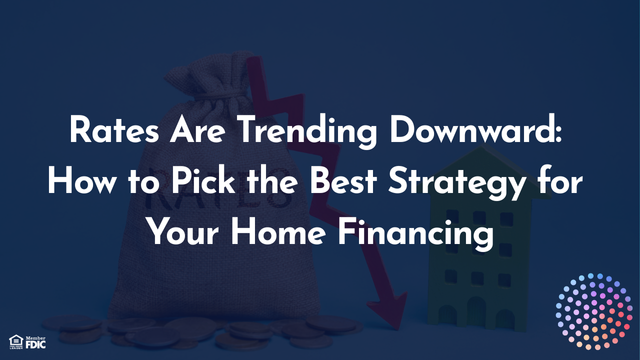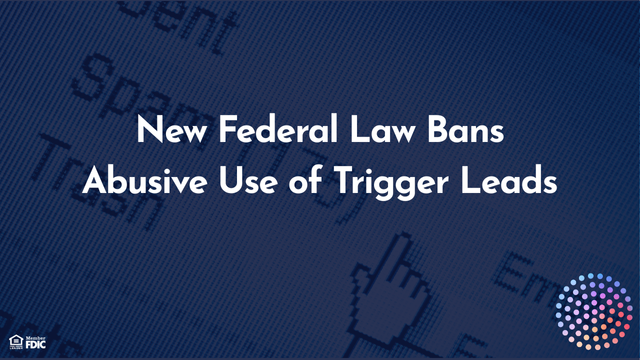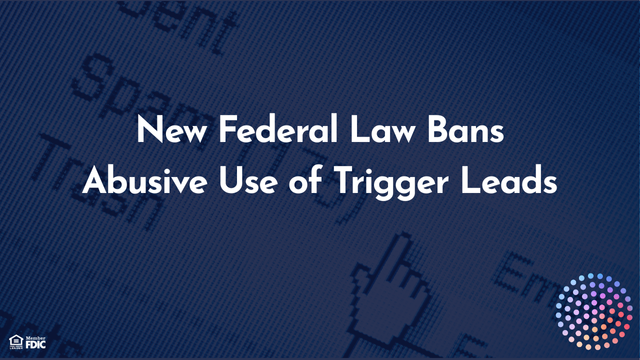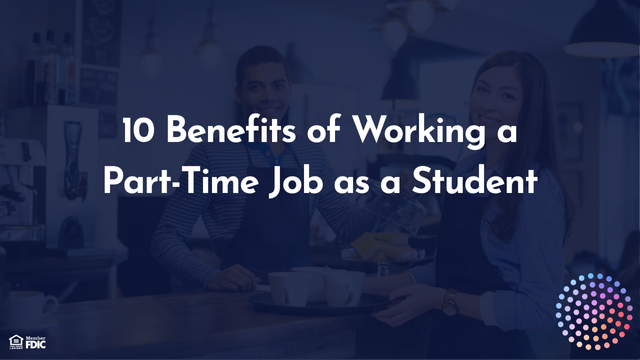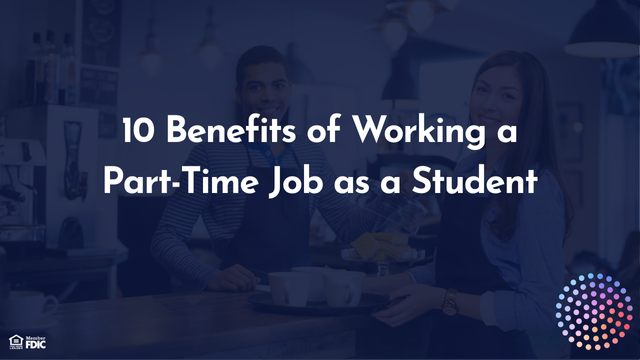Obtaining a Mortgage When You’re Self-Employed
marketingdept • June 18, 2025
Obtaining a Mortgage When You’re Self-Employed in the Age of COVID-19

There are many self-employed individuals that earn a good living. But without a regular paycheck, these workers might have a harder time proving their income than those who receive a traditional W-2. While this makes it more difficult to obtain a mortgage, it is possible to purchase a home if you’re self-employed.
As the U.S. has seen mortgage rates falling back to recent lows, many people are looking into refinancing or purchasing a home during the COVID-19 crisis. However, both of these loans have become difficult to obtain due to recent impacts on unemployment rates and the economy.
For self-employed applicants, lenders have traditionally looked to verify a self-employed borrowers’ business, income, and assets within 120 days. And while a typical crisis would see an extension of that timeframe to 180 days, vendors now only have just 10 days to verify income and assets during the COVID-19 pandemic.
Because of the recent changes, obtaining a mortgage can be even more challenging for self-employed workers as lenders consider the overall stability and viability of both your business and your income. Lenders will often consider the overall demand for your business, its location, financial strength, and whether or not it’s capable of continuing to provide you with enough of a stable income to support a mortgage.
In response to COVID-19, many lenders have been making adjustments to their credit criteria with the goal of better accounting for the increased likelihood of forbearance and defaults. According to a survey conducted by the Mortgage Bankers Association in March, mortgage credit availability has fallen to the lowest level that we’ve seen in five years.
JPMorgan Chase has also responded to the COVID-19 crisis by adjusting their underwriting guidelines to require new mortgage applicants to have a minimum FICO credit score of 700 and the ability to provide a 20% down payment. Under normal circumstances, self-employed borrowers have met lenders allowing a FICO credit score as low as 580 to qualify for a loan with a 20 percent down payment, given they can provide 24 months of bank statements proving they can consistently afford their loan payments. Self-employed borrowers with a FICO score of 720 or above may qualify for a mortgage with as little as a 10 percent down payment and a lower interest rate. Even in times of crisis, lenders are primarily concerned that all applicants, including self-employed workers, have the ability to consistently repay their mortgage. They will need to see that your income is high enough to pay your mortgage and that you have a good history of repaying your debts.
As the U.S. has seen mortgage rates falling back to recent lows, many people are looking into refinancing or purchasing a home during the COVID-19 crisis. However, both of these loans have become difficult to obtain due to recent impacts on unemployment rates and the economy.
Recent Changes in Guidelines for Self-Employed Borrowers
Because of the recent changes, obtaining a mortgage can be even more challenging for self-employed workers as lenders consider the overall stability and viability of both your business and your income. Lenders will often consider the overall demand for your business, its location, financial strength, and whether or not it’s capable of continuing to provide you with enough of a stable income to support a mortgage.
In response to COVID-19, many lenders have been making adjustments to their credit criteria with the goal of better accounting for the increased likelihood of forbearance and defaults. According to a survey conducted by the Mortgage Bankers Association in March, mortgage credit availability has fallen to the lowest level that we’ve seen in five years.
JPMorgan Chase has also responded to the COVID-19 crisis by adjusting their underwriting guidelines to require new mortgage applicants to have a minimum FICO credit score of 700 and the ability to provide a 20% down payment. Under normal circumstances, self-employed borrowers have met lenders allowing a FICO credit score as low as 580 to qualify for a loan with a 20 percent down payment, given they can provide 24 months of bank statements proving they can consistently afford their loan payments. Self-employed borrowers with a FICO score of 720 or above may qualify for a mortgage with as little as a 10 percent down payment and a lower interest rate. Even in times of crisis, lenders are primarily concerned that all applicants, including self-employed workers, have the ability to consistently repay their mortgage. They will need to see that your income is high enough to pay your mortgage and that you have a good history of repaying your debts.
